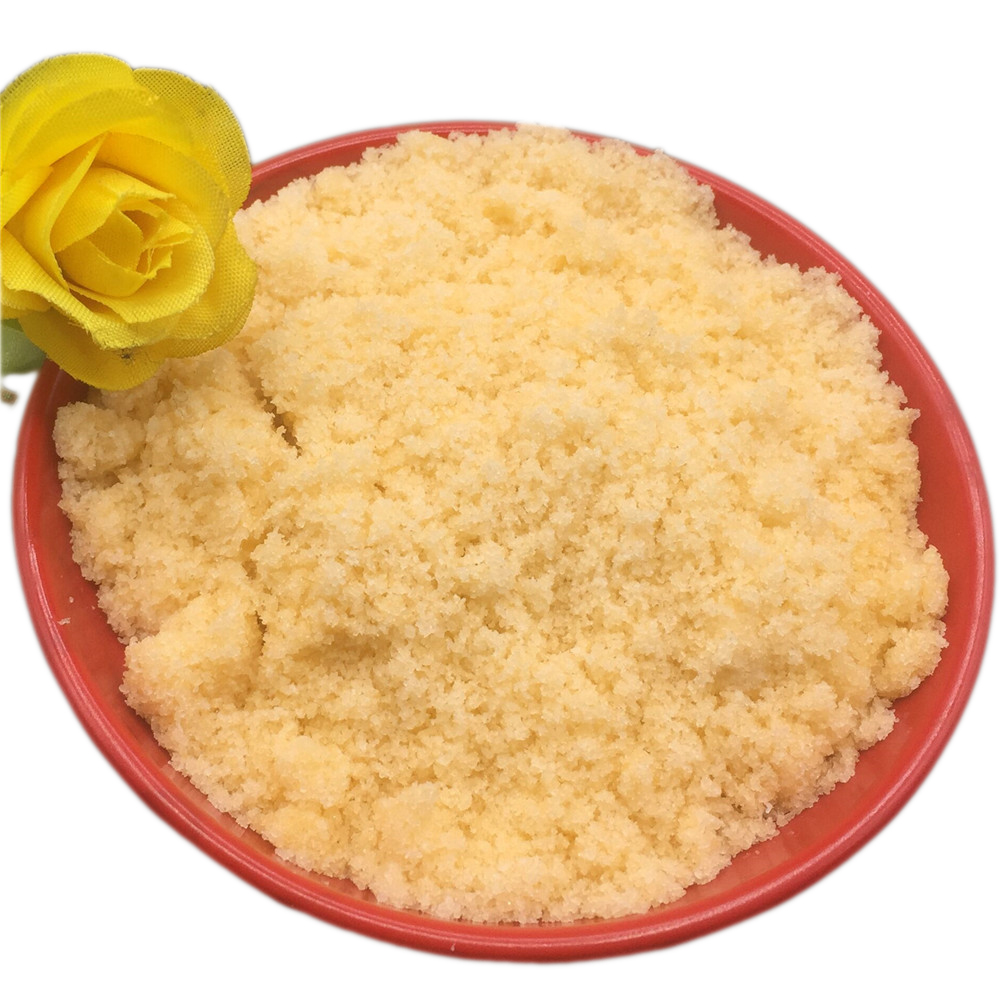
Aug . 14, 2024 03:49 Back to list
Exploring Reliable Suppliers for NPK Fertilizers and Their Nutrient Composition Benefits
NPK Fertilizer Supplier Understanding the Essentials of Plant Nutrition
In the agricultural sector, the significance of providing adequate nutrients to crops cannot be overstated. Among the various fertilizers available, NPK fertilizers have gained prominence due to their balanced nutrient composition. NPK stands for nitrogen (N), phosphorus (P), and potassium (K)—three of the essential macronutrients that plants require for robust growth and development. As a pivotal player in this market, NPK fertilizer suppliers play a critical role in the agricultural ecosystem, ensuring farmers have access to the nutrients essential for optimal crop yield.
The Role of NPK Fertilizers
NPK fertilizers are designed to deliver the appropriate ratio of nitrogen, phosphorus, and potassium, tailored to the specific needs of different plants
. Each of these nutrients serves a unique purpose- Nitrogen (N) is vital for the growth of leaves and stems. It is a key component of chlorophyll, the compound that plants use in photosynthesis to convert sunlight into energy. Nitrogen also plays a significant role in protein synthesis, which is essential for plant tissue development.
- Phosphorus (P) is crucial for root development and flower formation. It aids in energy transfer within the plant, particularly through compounds like ATP (adenosine triphosphate). Adequate phosphorus is also essential for the early growth stages of plants, promoting healthier root systems and boosting overall vigor.
- Potassium (K) contributes to the overall endurance of plants. It regulates water usage, strengthens plant structures, and enhances disease resistance. Potassium is also important for enzyme activation and the synthesis of proteins and photosynthesis.
np npk fertilizer supplier

Selecting the Right NPK Fertilizer
For farmers and gardeners, selecting the appropriate NPK fertilizer involves understanding the specific nutritional needs of their crops. NPK values are often represented on fertilizer packaging as three numbers, such as 10-20-10, indicating the percentage of nitrogen, phosphorus, and potassium, respectively. Hence, a 10-20-10 fertilizer would contain 10% nitrogen, 20% phosphorus, and 10% potassium.
Farmers can benefit from consulting with NPK fertilizer suppliers, who typically provide valuable guidance on selecting the right formulation based on soil tests and crop requirements. Suppliers often have a range of products tailored to different crops, soil types, and growth stages, ensuring that farmers can make informed decisions.
The Importance of Reliability
When it comes to sourcing NPK fertilizers, reliability is essential. Suppliers must offer high-quality products that meet strict industry standards. This is not only important for crop health but also for the environment. Sustainable practices in the production and distribution of fertilizers help minimize the ecological impact of agricultural activities. Reliable suppliers will often provide transparency about their sourcing and production processes, as well as offer guidance on the best application practices to maximize effectiveness while minimizing potential negative impacts on the environment.
Conclusion
In conclusion, NPK fertilizers are a cornerstone of effective plant nutrition, offering essential macronutrients necessary for healthy growth and development. As an NPK fertilizer supplier, understanding the specific needs of plants and providing high-quality, sustainable products is of utmost importance. By fostering strong partnerships with farmers and providing expert advice, suppliers can help optimize crop yields and promote sustainable agricultural practices. Ultimately, the role of NPK fertilizers and their suppliers is invaluable in supporting the global food supply and ensuring the health of our ecosystems.
-
10 10 10 Fertilizer Organic—Balanced NPK for All Plants
NewsJul.30,2025
-
Premium 10 10 10 Fertilizer Organic for Balanced Plant Growth
NewsJul.29,2025
-
Premium 10 10 10 Fertilizer Organic for Balanced Plant Growth
NewsJul.29,2025
-
Premium 10 10 10 Fertilizer Organic for Balanced Plant Growth
NewsJul.29,2025
-
50 Pound Bags of 13-13-13 Fertilizer for All Plants – Bulk & Organic Options
NewsJul.28,2025
-
High-Efficiency 15-30-15 Granular Fertilizer for Healthy Crops
NewsJul.28,2025
